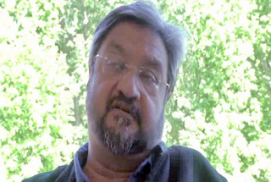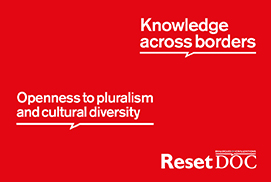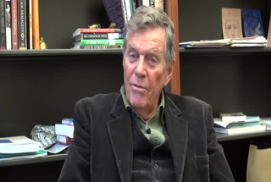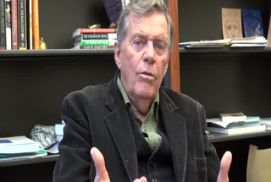26 May 2015
Rajeev Bhargava, a Professor at the Center for the Study of Developing Societies in New Delhi and a scholar of issues concerning secularism, constitutionalism, and multiculturalism, looks at India during the 3rd century BCE to analyze the major social and intellectual transformation that took place under Ashoka’s rule. Bhargava contends that ritual sacrifice lost importance for a transcendental view in which the Other, the community, became of value. In his legendary edicts, Ashoka engaged in finding answers about how to live together in spite of difference. Bhargava was interviewed during the Istanbul Seminars 2014.





